Table Of Contents
Who can sign off on an electrical safety inspection in Brisbane & The Sunshine Coast?
Issue of certificates of compliance
Electric contractors and employees who work for an electrician must give their customers either:
- Certificate of safety and testing for electrical equipment
- Certificate of compliance and testing for electrical installations.
This is required by the Electrical Safety Regulation 2013 (“the ES Regulation”)
These certificates must be kept for five years by electrical contractors.
Certificate requirements
After you have completed the work, you must issue a certificate to your customer.
Both certificates must contain the following information:
- The name and address of who the work was done
- The details of the electrical equipment and electrical installations that were tested
- The day that the electrical equipment or the electrical installation was tested
- The number of licenses for an electrician under which the installation of equipment was tested.
A certificate must include a certified statement in addition to the information above. Here are some examples:
- Electrical Equipment – A statement that certifies electrical equipment to the extent that it is affected electrical work. It has been tested to make sure it is electrically safe.
- Electrical Installations – A statement that certifies that the electrical installation has been tested and verified to be electrically safe. It must also conform to any standards under the ES Regulation.
Example of an electrical certificate
A sample certificate is available for use. You can either create your own certificate or purchase a commercially-available version, provided that you meet all the requirements of the ES Regulation.
Both types of certificates can use the example certificate. Fill in the details in the provided spaces and select the appropriate checkbox at the top of your certificate.
Questions frequently asked
Who is required to issue an electrical safety certificate?
The certificate of testing, compliance or safety is issued by the electrician who performed the electrical work.
Which certificate type is required, and when should it be issued?
- Electrical installations – The electrical contractor who performed the work under their license number must provide the person for whom it was done a copy of a ‘certificate testing and compliance’ each time an electrical installation (on the basis of which electrical work was completed) is connected to electricity. This certificate must be in compliance with the ES Regulation.
- Electrical equipment – The electrical contractor who performed the work (or had it performed under their license number) must provide the person responsible for the work with a copy a ‘certificate testing and safety’ each time that electrical work is done on electrical equipment. This certificate must be in compliance with the ES Regulation.
Do I need it to be a ‘certificate’ or can I add the information on the invoice of the customer so that it acts as a certificate (e.g. Is it necessary to use a stamp to verify the certification statement?
Yes, provided the invoice (inclusive of all additional information) meets the requirements in the ES Regulation. You must also keep a copy for at least five years.
What does it mean to say “the person for whom work was done”?
This person or organisation engaged you (the licensed electrician contractor) to do the work. Usually, this is also the person or organisation that you invoice for the work done.
Do I need to provide the certificate of compliance and testing to the homeowner or builder if I do electrical work?
You would not give the certificate to the builder unless you were directly engaged by the owner.
Is it possible to sign the certificate? Can the signature be rubber-stamped?
Certificates can be signed by the person who performed the work or the person responsible. An acceptable signature is a rubber stamp.
What information is required to create my own certificate?
The following must be stated on a certificate of compliance and testing:
- The name and address of who the work was done
- The details of the electrical equipment or installation being tested
- The day that the electrical equipment or installation was tested
- The number of the license for an electrician under which the installation of equipment was tested
And
- for electric installations – A statement that certifies that the electrical installation has been tested to ensure its safety and conforms to all requirements under the ES Regulation.
- for electrical machinery – A statement that certifies that the electrical equipment has been tested and is electrically safe.
Is that all that needs to be completed once the electrical safety inspection and certificate has been issued?
The ES Regulation states that the electrical contractor licensed under the number of which the certificate was issued must retain a copy for at least five years after it is given to the person who performed the work.
How much detail do I need to provide on the electrical installation/equipment tested?
It is important to gather as much information about the work done, such as the type and number of electrical equipment used. You can keep a copy of the certificate as proof of work. If you need to prove the work performed and the testing is done, this document may be helpful.

